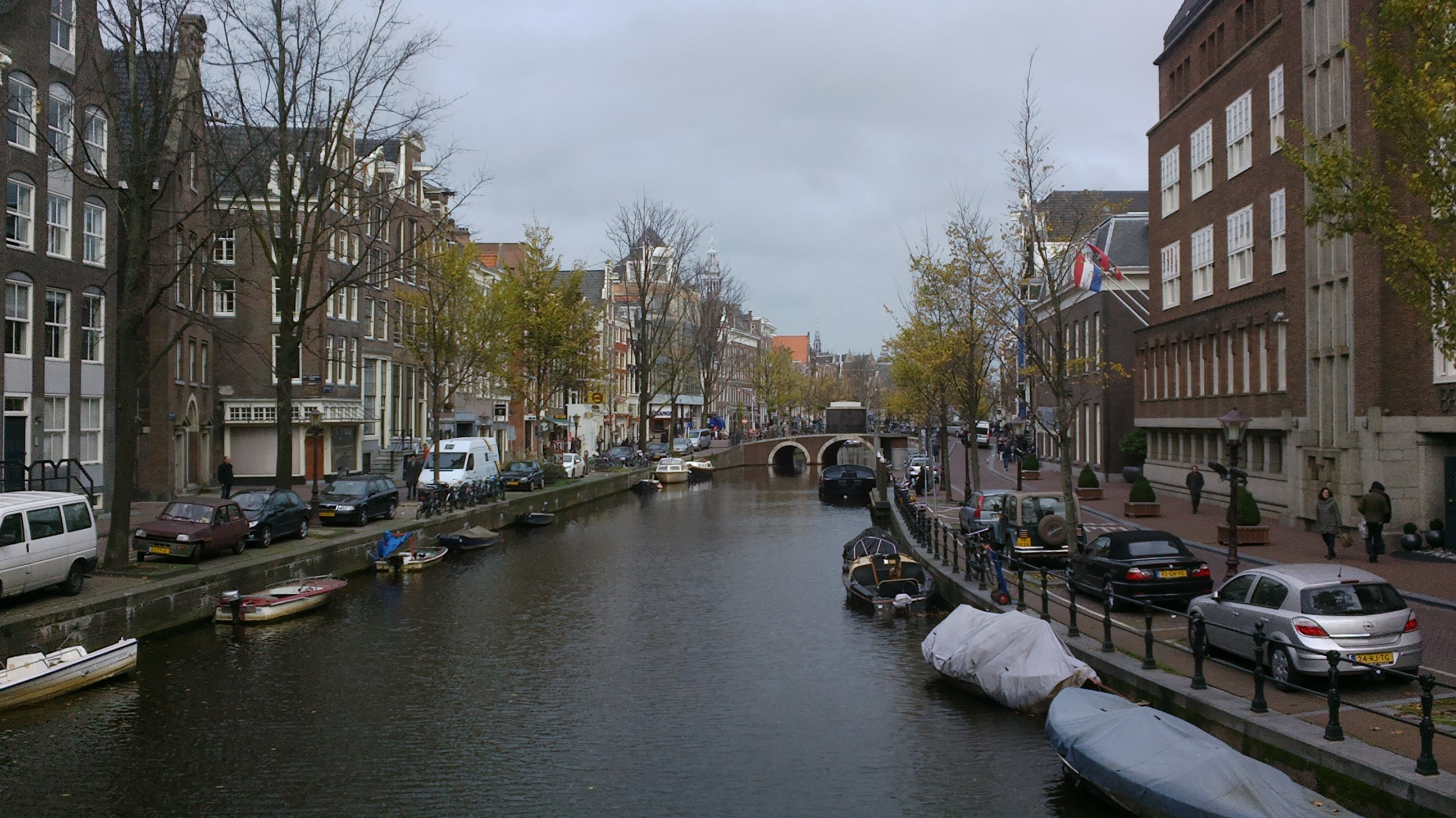
Uploaded on 2015-06-13 by ClyeRandom
2) Water. The Dutch have always fought with the sea that threatened to usable land with tides and marshes. They have mastered the art of handling water, which is why the country is covered with channels. The channels (pic) guide the water, the level of which changes on a yearly and sometimes daily basis, to the desired location (e.g. reservoirs or basins). You could say that the Dutch depend on the flow (literally) of water in the desired and safe direction, otherwise the country would experience flood after flood like, perhaps, in its earliest history. ![Amsterdam][1] Land. Directly connected to the use of water bu the Dutch, land is both stock and flow in The Netherlands. When swamps are drained a stock of land is created. It is a stock because its amount and/or availability cannot easily change once the water is drained. However, more than often the Dutch transport land from other areas to expand the drained area or to flat out an area in preparation for constructing. This constant transportation of land may be considered flow. Food. Food is a vital stock for any city. Although the stock of food is replenished fairly fast, we cannot deny that stocks of food undoubtedly exist in Dutch cities -- the Dutch grow and import food, their cities store it in warehouses, grocery stores and marketplaces. Energy. One of the main stocks of energy in The Netherlands is surely oil stored in special facilities, but also in petrol stations (pic). The flow is represented by its import for daily use by car drivers. ![Petrol station in The Hague][2] 3) For The Netherlands it would probably be best if the canal system continues to expand. Considering the raising levels of oceans more capacity of water flow would be preferable. The same goes for the land - I can imagine that the Dutch would appreciate if more land would be the stock. It might be achieved by keeping only the in-flow of land into the country. As for the food - it is no doubt preferable for sustainability reasons to keep both stocks and flows of food minimal. However, the stock and flow of food will probably only grow together with the population as there will be more need for food production, storage and transportation. Finally, decreasing the stock of fossil energy would benefit the Netherlands and this will probably happen in the coming decades. The fossil energy stock will be replaced by electric energy flows. Since electric energy cannot be easily stored this will imply smarter collection and use of the energy flow. [1]: https://edxuploads.s3.amazonaws.com/14342324277312575.jpg [2]: https://edxuploads.s3.amazonaws.com/14342335603450136.jpg